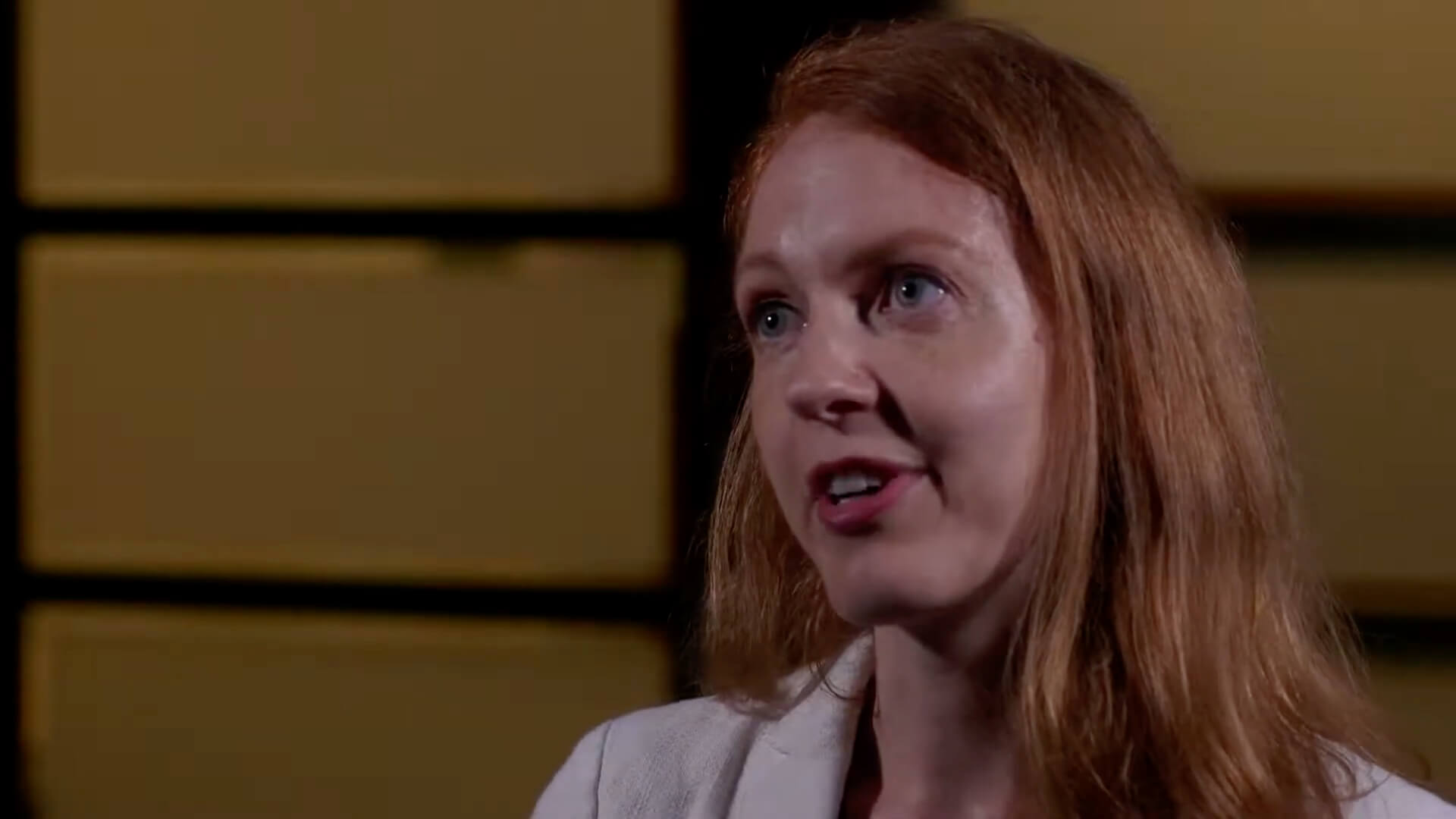We celebrate the idea that earning a bachelor’s degree results in an average of $1 million in additional lifetime income. But future earnings don’t mean much when you’re a student struggling to make rent, pay for tuition, and cover all your other expenses.
Finances are even more complicated for adults thinking about going back to earn a credential. “Adult students often think about the costs of going back to college in terms of past, present, and future,” Karen Goos, assistant vice provost for enrollment management at the University of Central Missouri, explained recently. For instance:
- Adults may have past debts or academic issues that prevent re-enrollment.
- Adults likely have present financial circumstances that make additional expenses difficult to manage.
- Adults likely need new training to pay off quickly as future earnings and career opportunities.
As Lumina continues to focus on adult postsecondary attainment, we are looking more closely at how states and institutions can ease adult students’ financial stress. Innovative ideas are emerging from institutions, new organizations, and states across the nation.
Innovative ideas to ease past, present, and future financial concerns
To address students’ past financial issues, Wayne State University in Detroit recently launched the Warrior Way Back program. Former students with an outstanding balance of less than $1,500 can re-enroll and “learn” away their debt. For each semester successfully completed, Wayne State will reduce the debt by one-third until it is eliminated. This program removes a financial barrier, provides incentives for making progress, and acknowledges that it’s in Wayne State’s financial interest to promote graduation. After all, the small debts students owe are typically dwarfed by tuition payments as they finish.
To help with present money concerns, several states are working on “Adult Promise” efforts, which Lumina and the State Higher Education Executive Officers organization (SHEEO) have been proud to support. Five states—Indiana, Maine, Minnesota, Oklahoma, and Washington—are piloting efforts to make a financial commitment to adult students that their tuition and fees will be covered if they enroll. Adult Promise not only marshals federal, state, institutional, and private aid to support adults, it also seeks out eligible adults to inform them of the program. After all, high cost is regularly identified by adults as their top barrier to pursuing education beyond high school.
What’s even more exciting about these Adult Promise efforts is that states are using the opportunity to address other “present” financial and academic barriers unique to adults. Maine is preparing to launch a “one-stop” website designed for adult learners. Minnesota is placing “navigators” at four community colleges to provide a range of supports for adult learners before, during, and after enrollment. Oklahoma built an asset map with stakeholders—including Tribal Nations to reach prospective Native American students—to find new ways to supplement state funding and provide resources to help cover child care, transportation, and other needs. Indiana is researching the experiences of adults already enrolled in their public institutions to identify the most urgent needs of these students. And Washington is supplementing its financial aid awards with microgrants and child care support.
As for future financial worries, bold new approaches are working to ensure that college graduates have the people skills, problem-solving abilities, and professional strengths they’ll need in our fast-changing world. The Quality Assurance Commons, for example, recently concluded a pilot with 27 different programs from 14 institutions to test their new Essential Employability Qualities (EEQs). Informed by student and employer perspectives, the pilot sites were the first to examine the skills that all graduates need, including critical thinking, teamwork, and communications. Moving forward, QA Commons aims to expand its work to additional states, schools, and programs.
A good start, but we must do more
I’ve shared a few promising examples, but we must do more to tackle adults’ past, present, and future financial concerns. After all, these concerns are not new—we’ve just been asking adult learners to address them on their own, hoping that the promise of that million-dollar lifetime payout will be enough incentive.
That’s just not enough. Nationally, only 45 percent of adult learners who start a four-year degree finish within six years. We at Lumina are doing all we can to support and recognize innovators such as Wayne State, the Adult Promise states, and QA Commons to show that change is both necessary and possible.
We’d love to hear more from you about ways to meet adult students’ financial needs. Stay tuned for more from Lumina, too, including an announcement later this fall about a new cohort of Adult Promise states.
Related:
Resource Center: Help for Parents Who Work and Go to College | Purdue Global
